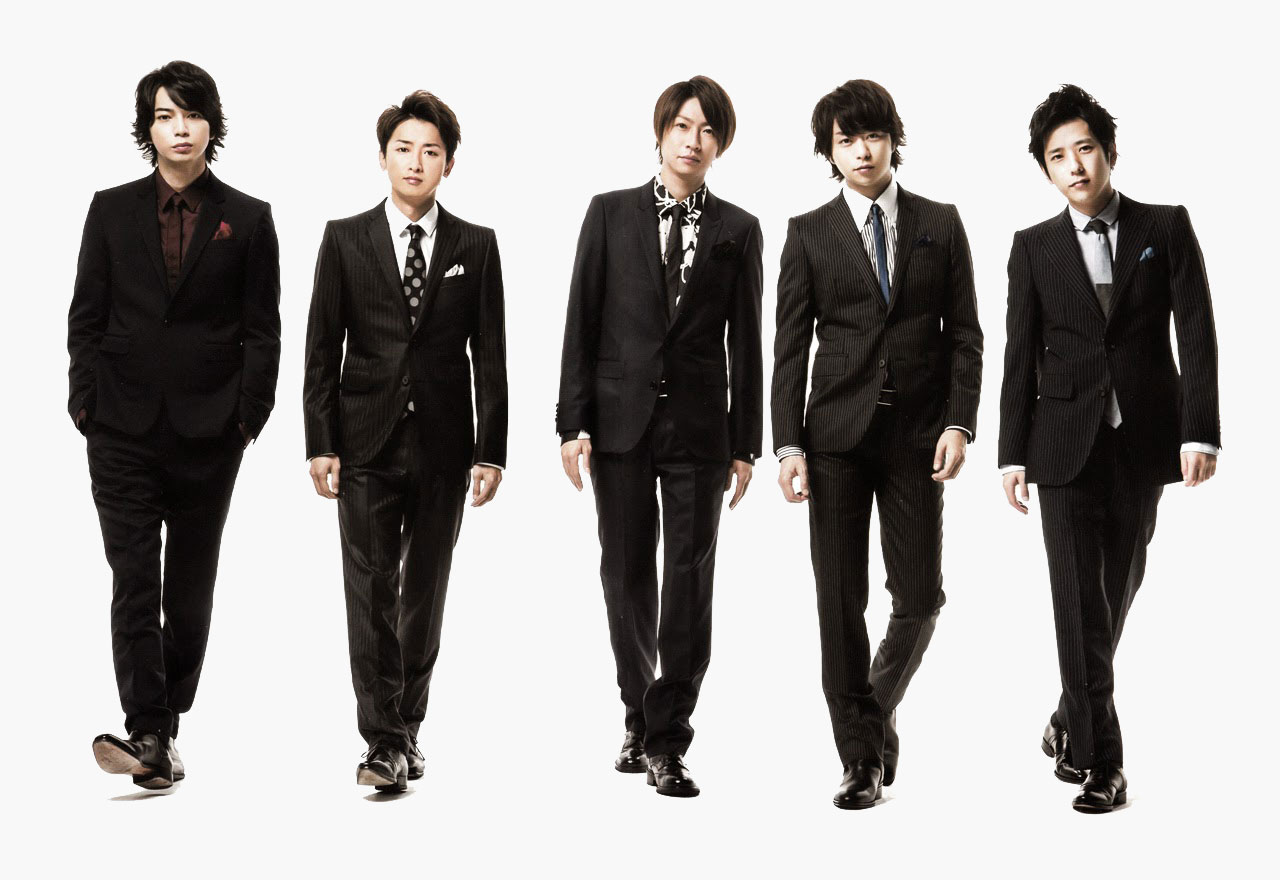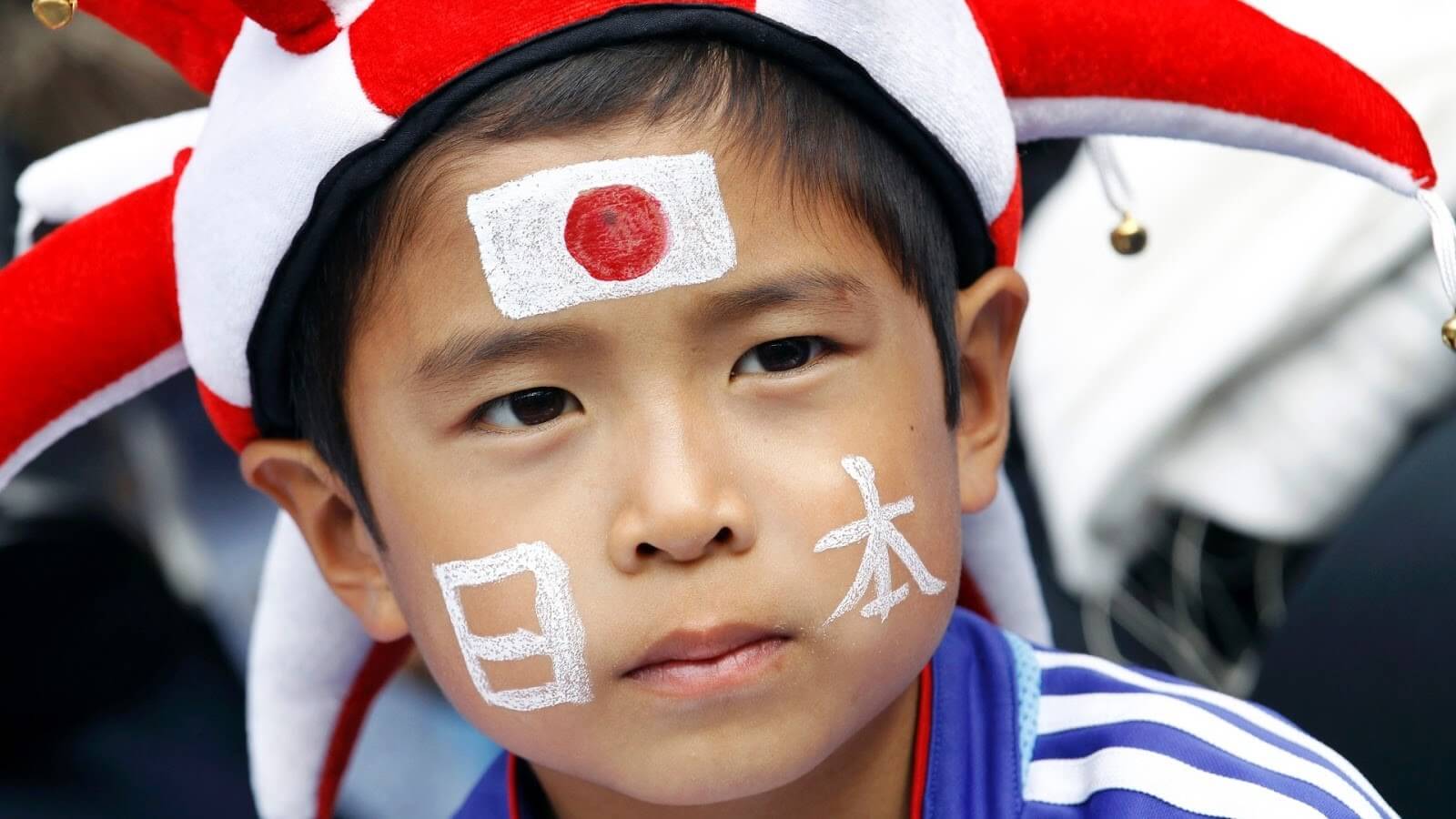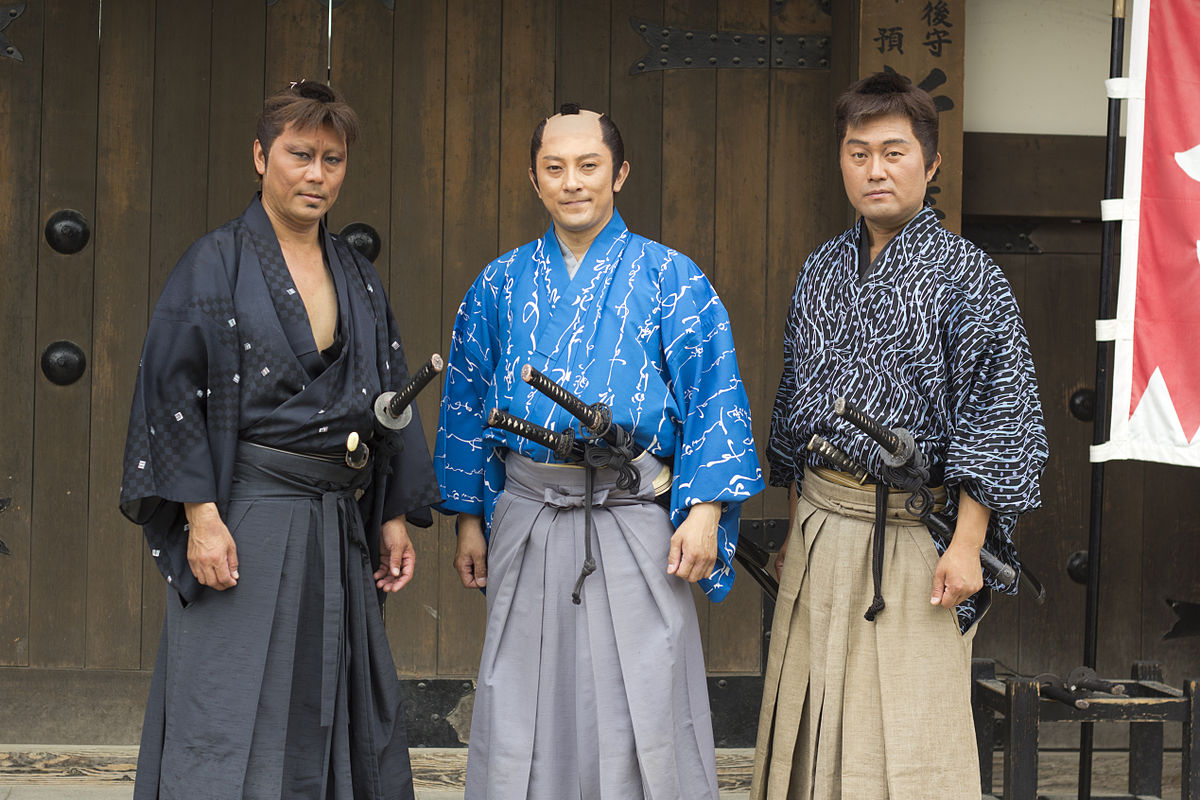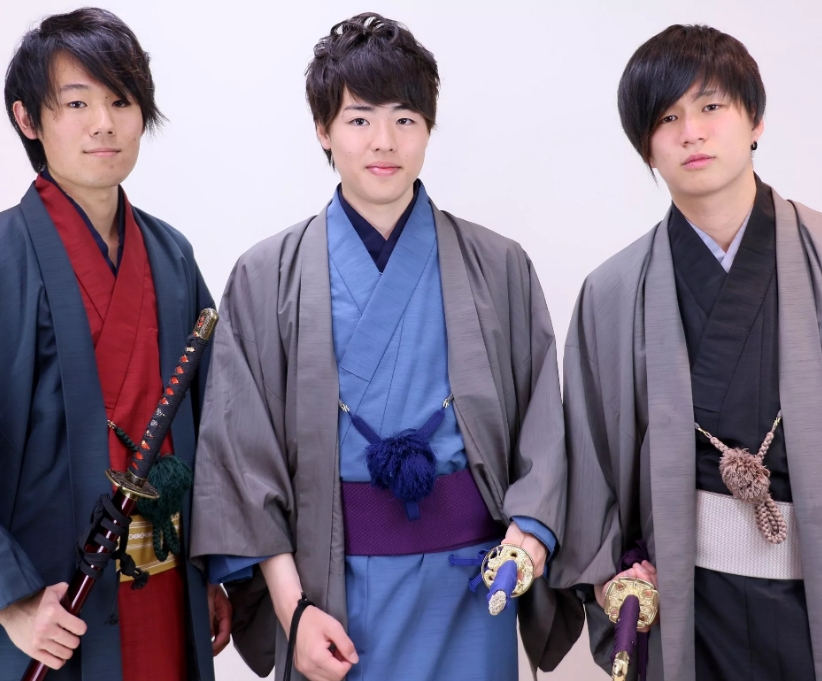In Japan, the names are not quite ordinary spelling and reading. Some male Japanese names are only able to read its carrier. It is in their reading that a mismatch of the meaning of the characters is often observed - two identical hieroglyphs can sound completely different.
Material Content:
The history of the origin of Japanese names
Choosing a name for their child, the inhabitants of the Land of the Rising Sun attach great importance to the correctness of its spelling. The inscribed character in the parents' opinion will play a decisive role in the fate and life of the baby. Before World War II, the state had no restrictions on the use of signs for spelling a name. It is worth noting that the completely Japanese alphabet includes more than 50 thousand such designations, and therefore there were more than enough difficulties. In the post-war period, to this day, 166 hieroglyphs are allowed in names.
The Japanese believe that by writing certain characters, you can give a person the same qualities. For example, the sea in the meaning of the Japanese name determines the breadth of views, and the sky talks about the serenity and infinity of life, the names of animals can convey strength and endurance, and plants - beauty and health.
Japanese names for men often consist of two words - first and last name. It is worth noting that in ancient times the poor inhabitants of the country were deprived of such an opportunity, they were called only by name without any sequels.
Beautiful masculine names and their meanings
The most beautiful Japanese masculine names are single-component and multi-component, which depends on the meaning embedded in them. It can be indicated by a single character or have an additional sign that shows how to read what is written.Here are some of the meanings of Japanese names that are recognized as the most beautiful:
- Jiro is the second son;
- Daichi - great wisdom;
- Yoshito is a good man;
- Kasuhiko - firstborn, harmony, prince;
- Masashi is magnificent;
- Maseeki - right, bright;
- Nobuyuki - faithful, happy;
- Sota - harmonious, courageous;
- Setoshi - clairvoyant, well aware, sage;
- Tekehiro - a large distribution, noble;
- Haruto - sunny, free;
- Shigeru - excellent, plentiful;
- Yasuhiro - calm;
- Yamato - the great, reconciling.
Beautiful male names from anime are also quite popular:
- Akeno - a clear morning;
- Akio is handsome;
- Akiyama - autumn, mountain;
- Amida is the name of the Buddha;
- Daiki - The Great Tree;
- Goro is the fifth son;
- Haru - born in the spring;
- Makoto - sincere;
- Osamu - the firmness of the law;
- Takehiko is a bamboo prince.
List of popular Japanese names
Popular names in Japan are often associated with nature, telling about the qualities of a person, his superiority and well-being:
- Akihiro - great fame;
- Aki - autumn, bright;
- Joshiyuki - fair, happy;
- Itski - stately, like a tree;
- Yota - sunny, courageous;
- Kenji - intelligence, wise ruler;
- Minato is a safe bay;
- Minori is a beautiful place, a village with attractive people;
- Maseyuki - magnificent, happiness;
- Neo is honest;
- Ren - lotus;
- Raiden - thunder and lightning;
- Takeshi is a fierce warrior;
- Hideki - luxury, opportunity;
- Hiroto - large spread wings;
- Yuma - calm, truthful;
- Yuto is a gentle man;
- Yasuo is honest, peaceful.
Ancient and forgotten names
Among the rare old names, those that combined whole sentences were mainly noted. In modern sound, they are reduced to a convenient and quick pronunciation, which was not the case in Japan before. On the contrary, in olden times it was believed that the longer the name, the richer the clan. It was by this principle that they were given to boys in antiquity. It should first be noted the names by which the gods of Japan were called:
- Adzisikitaka-hikone-no kami - the god of the plow and a tall young man;
- Ame-no-hohi-no kami - the god of heaven and an ear of rice;
- Ame-no-wakahiko - a young man, heavenly;
- Asinazuti is an old man who strokes his legs;
- Kagutsuti-no kami is the god of fire and his spirit;
- Kamuyamato Ivarebiko-no Mikoto - the god Ivare, a young man, born in the divine Yamato;
- Murakumo no Tsurugi - a sword of the sky and heaping clouds;
- Taka-mi-musubi-no-kami is the god of high heavenly creation.
And there are also rare names that are not popular with residents of Japan:
- Iwao is a stone man;
- Yoshinori - fair principles;
- Kenshin is a modest truth;
- Manebu - diligent;
- Orochi is a large snake;
- Tetsuya - iron;
- Tekumi is a craftsman.
Astrology and Numerology Name in Japan
The values of numbers in Japan are completely different from the usual European, and therefore numerology names will be interpreted differently. Mens often contain numerals, which already carries a certain load on the meaning of the word and the fate of a person. The result is:
- 1 - chance, opportunity to be the first;
- 2 - is associated in Japan with duality, as well as complementary concepts;
- 3 - the spelling of this character looks similar to the spelling of the word "birth", therefore, the figure is given a positive meaning;
- 4 - in Japan is not popular, again, the fault is the spelling of a similar hieroglyph meaning death;
- 5 - it is considered a good number according to all the legends that symbolize “5 great beginnings”, “5 relationships”, “5 festivals”, “5 cereals”. There are many more interesting interpretations - “5 senses” and “5 parts of the body”. In general, this number symbolizes the person himself;
- 6 - a number that is very popular for a name; it is associated with happiness and business;
- 7 - it is considered a good sign among the Japanese;
- 8 - indicates the path that leads to the sky. And also this number is a symbol of the path in Buddhism;
- 9 - is not popular, since the same hieroglyph indicates torment and difficulty.
Hence, all the meanings of astrology and numerology of names in Japan will be very different from our ideas.
Japanese names are rooted in the distant past, and today a large number of them can have the same spelling, but differ in sound and semantic content. Parents, when calling a child, always put certain content in the name, suggesting that this will bring the baby a happy and prosperous life.



















